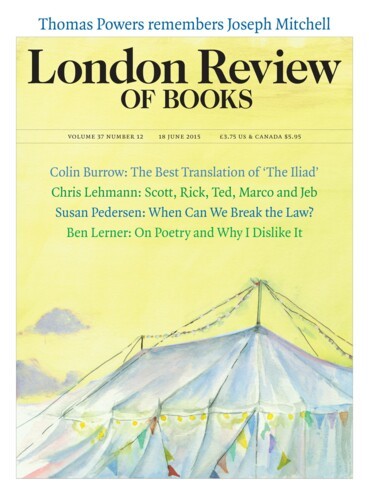Poem: ‘After Flaubert’
Galen Strawson, 8 March 2018
à mon pote Jules
merde en croûte, merde en daube, merde du pays, merde d’antan.
merde de province, pâté de merde, folie de merde (merde boulangère).
merde Chantilly, merde de Paris, merde anglaise, putain de merde.
merde longue durée, merde d’occasion, merde maison, merdorama!
merde d’Auvergne, merde de Brest, merde de souche, merde...




